Congress Sidestepping Marijuana Debate…For Now
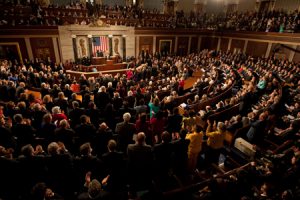 One of the many problems with “medical marijuana”–besides the threat it poses to public health and safety–is the fact that marijuana is still illegal under federal law.
One of the many problems with “medical marijuana”–besides the threat it poses to public health and safety–is the fact that marijuana is still illegal under federal law.
Medical marijuana growers, sellers, and users could be prosecuted. In fact, Arkansas Attorney General Leslie Rutledge acknowledged last January that there is a slim possibility state employees facilitating the “medical marijuana” program could be prosecuted for violating federal law.
The Obama Administration chose to look the other way when state’s passed laws legalizing marijuana. However, earlier this year federal Attorney General Jeff Sessions made comments indicating that might change and that marijuana might be something the U.S. Department of Justice would crack down on in the future.
Last week President Trump signed a federal appropriation bill keeping the government in operation until September. Buried in it is a section reading,
None of the funds made available in this Act to the Department of Justice may be used, with respect to any of the States of Alabama, Alaska, Arkansas, Arizona, California, Colorado, Connecticut, Delaware, Florida, Georgia, Hawaii, Illinois, Iowa, Kentucky, Louisiana, Maine, Maryland, Massachusetts, Michigan, Minnesota, Mississippi, Missouri, Montana, Nevada, New Hampshire, New Jersey, New Mexico, New York, North Carolina, Ohio, Oklahoma, Oregon, Pennsylvania, Rhode Island, South Carolina, Tennessee, Texas, Utah, Vermont, Virginia, Washington, West Virginia, Wisconsin, and Wyoming, or with respect to the District of Columbia, Guam, or Puerto Rico, to prevent any of them from implementing their own laws that authorize the use, distribution, possession, or cultivation of medical marijuana.
In other words, Congress is appropriating money for the Department of Justice on a condition: The DOJ cannot use federal money to stop “medical marijuana” in any state that has legalized it.
It’s a cowardly move. Rather than let the Department of Justice do its job–which is to enforce the laws Congress has passed–or have the difficult conversation about whether Congress ought to change its federal marijuana laws, Congress is trying to sidestep the issue altogether by simply preventing the government from enforcing its own laws.
Congress cannot sidestep this issue forever. Eventually, it will have to address the fact that so many states have chosen to ignore federal law by legalizing so-called “medical” and “recreational” marijuana.

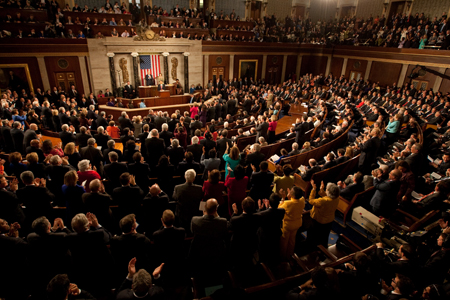

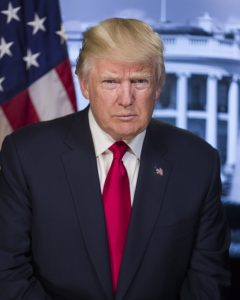 Today President Trump signed an executive order regarding religious liberty in America. The order provides much-needed guidance to the Executive Branch–especially the IRS.
Today President Trump signed an executive order regarding religious liberty in America. The order provides much-needed guidance to the Executive Branch–especially the IRS.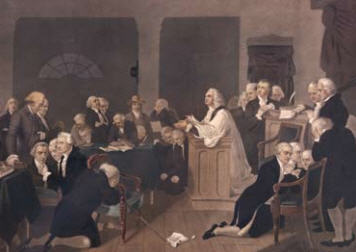
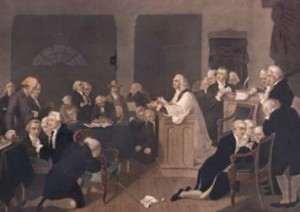 In March we wrote about how
In March we wrote about how